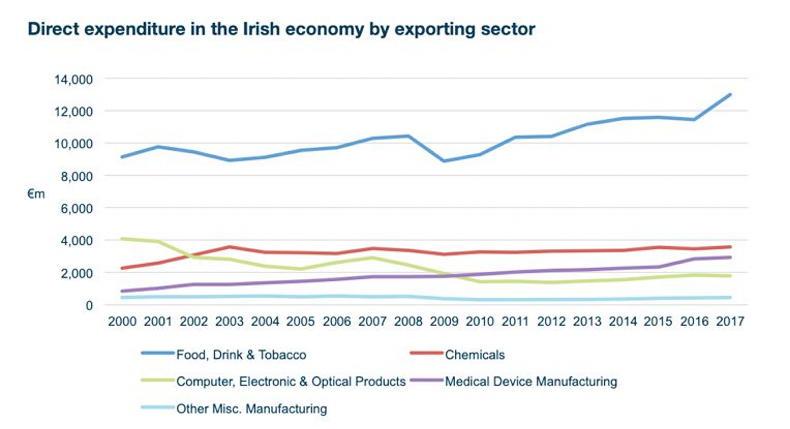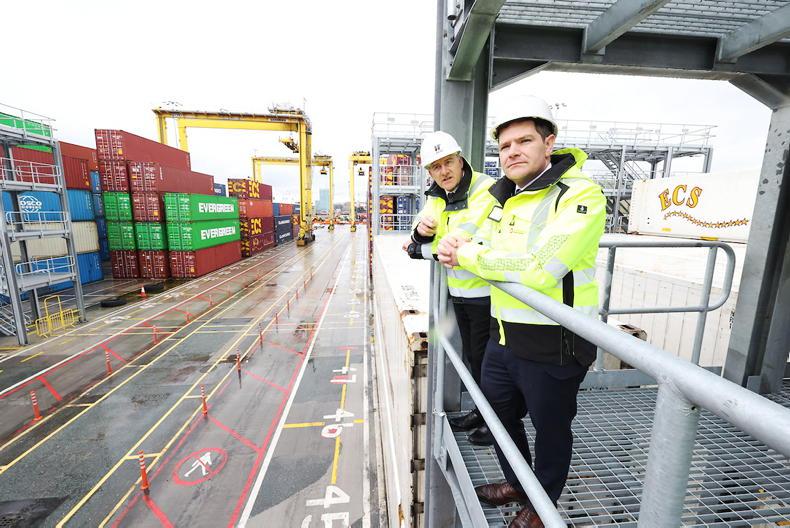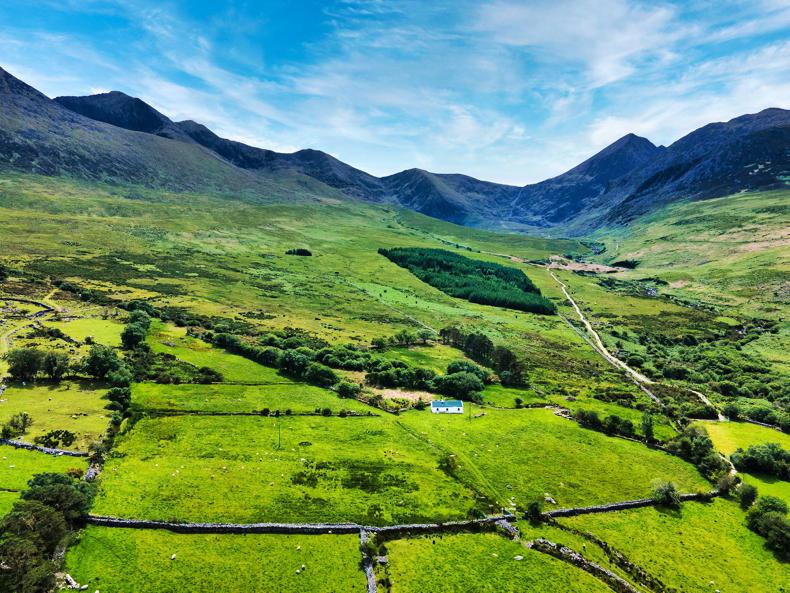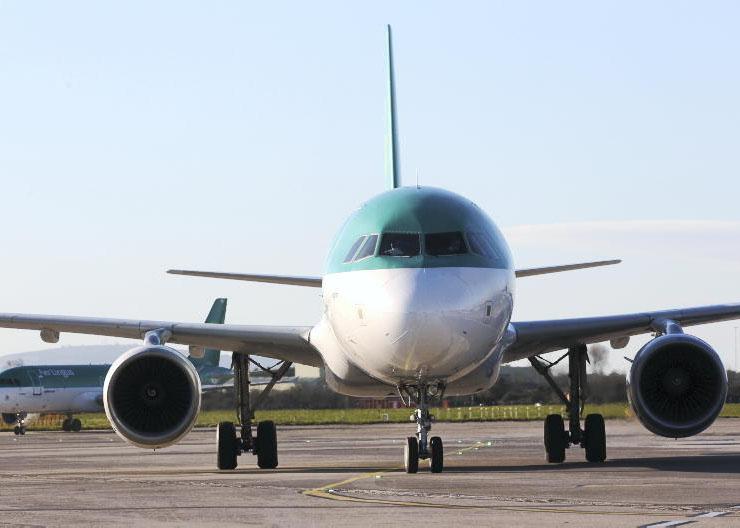A major takeaway from the recent election was surely a resounding call for economic growth to include the regions and rural Ireland.
Behind this is a sense that current economic growth models and figures don’t translate into growth for all.
In previous articles I have highlighted how the true nature of economic growth in the Irish economy is hugely distorted by multinational price transfers.
In essence, up to €160bn of Ireland’s official GDP figure disappears when multinational profits are repatriated.
My point in providing this insight is to get a better sense of what makes the Irish economy itself grow rather than what global flows are passing through our economy.
As the chart below shows, Irish dairy growth has, in contrast to the multinational flow model, a huge direct impact on the Irish economy.
Each euro of dairy exports has an impact of 90c on the Irish economy.
This means Irish dairy growth, since quotas were abolished in 2015, has delivered an increase in spending in the Irish economy of just over €2bn annually.
For the multinational sector, the Irish economy impact figure is 10c per euro export.
This huge Irish economy impact is pretty much replicated across the agriculture and food and drink sector. So, while some sectors may import a greater percentage of inputs than the dairy or beef sector, the overall figure is still over 80c Irish economy impact per euro of exports.
And again to further emphasise the huge Irish economy pull impact the chart below shows that spending in the Irish economy by the food and drink sector is over five times greater than spending by the next biggest (modern economy) sectors in terms of Irish economy impact.

Source FDI :DEBJ annual expenditure survey
So, given that agri food has a four- to tenfold greater impact than other business sectors in terms of Irish economy growth, it is very clear that for the real Irish economy to grow, the agri-food sector must grow.
The key role for the next government, in response to a very clear and concise demand from the electorate and informed by the Food Wise 2030 review, must therefore be to identify the necessary financial and competitive platforms to deliver this growth.
Read more
Will Ireland’s beef sector outlast RTÉ?
The EU green deal - what about food price increases?
A major takeaway from the recent election was surely a resounding call for economic growth to include the regions and rural Ireland.
Behind this is a sense that current economic growth models and figures don’t translate into growth for all.
In previous articles I have highlighted how the true nature of economic growth in the Irish economy is hugely distorted by multinational price transfers.
In essence, up to €160bn of Ireland’s official GDP figure disappears when multinational profits are repatriated.
My point in providing this insight is to get a better sense of what makes the Irish economy itself grow rather than what global flows are passing through our economy.
As the chart below shows, Irish dairy growth has, in contrast to the multinational flow model, a huge direct impact on the Irish economy.
Each euro of dairy exports has an impact of 90c on the Irish economy.
This means Irish dairy growth, since quotas were abolished in 2015, has delivered an increase in spending in the Irish economy of just over €2bn annually.
For the multinational sector, the Irish economy impact figure is 10c per euro export.
This huge Irish economy impact is pretty much replicated across the agriculture and food and drink sector. So, while some sectors may import a greater percentage of inputs than the dairy or beef sector, the overall figure is still over 80c Irish economy impact per euro of exports.
And again to further emphasise the huge Irish economy pull impact the chart below shows that spending in the Irish economy by the food and drink sector is over five times greater than spending by the next biggest (modern economy) sectors in terms of Irish economy impact.

Source FDI :DEBJ annual expenditure survey
So, given that agri food has a four- to tenfold greater impact than other business sectors in terms of Irish economy growth, it is very clear that for the real Irish economy to grow, the agri-food sector must grow.
The key role for the next government, in response to a very clear and concise demand from the electorate and informed by the Food Wise 2030 review, must therefore be to identify the necessary financial and competitive platforms to deliver this growth.
Read more
Will Ireland’s beef sector outlast RTÉ?
The EU green deal - what about food price increases?









SHARING OPTIONS